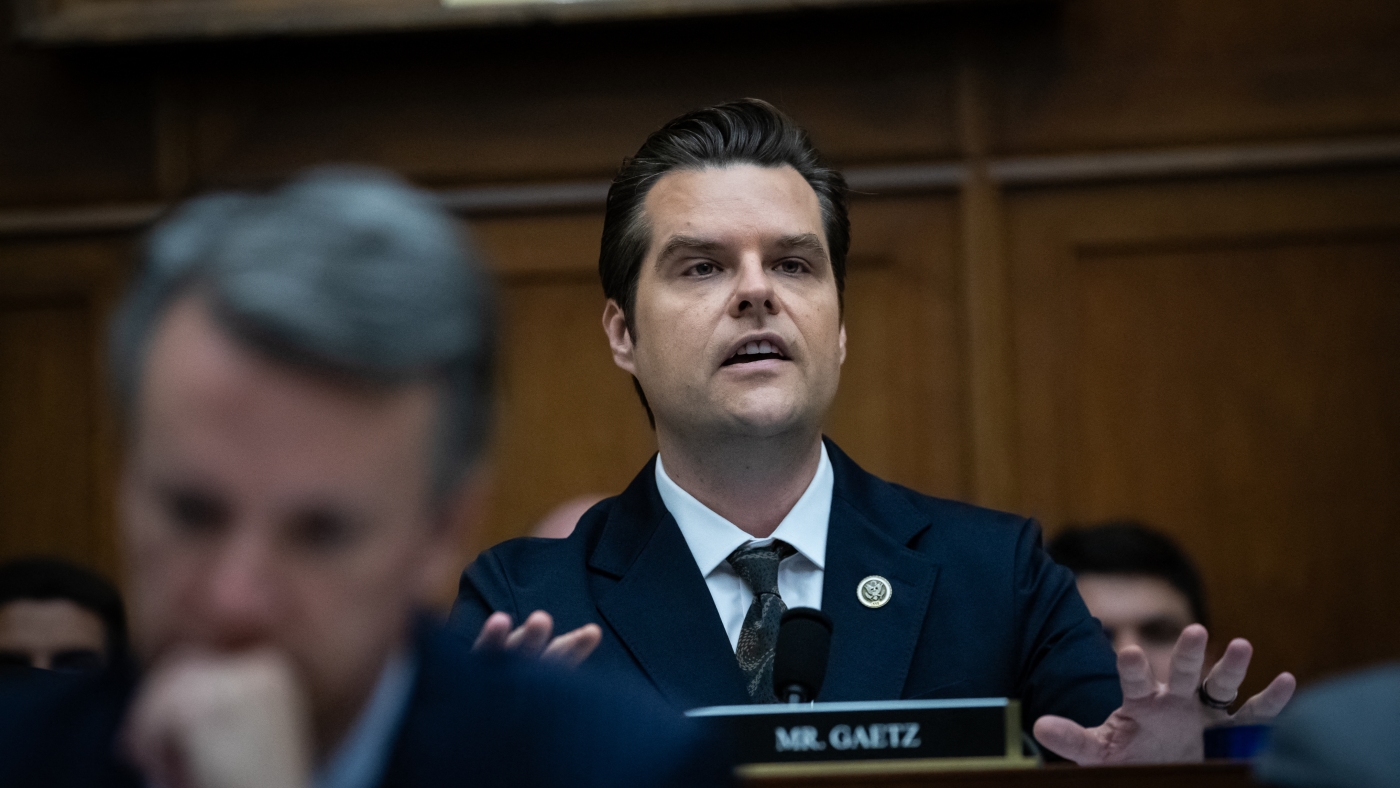Breadcrumb Trail Links
Local News
Article content
Less than two weeks after Windsor’s mayor signed a letter to the premier calling for stronger mandatory mental health care, the head of a Windsor medical centre has spoken out against involuntary treatment.
On Wednesday, Hotel-Dieu Grace Healthcare president and CEO Bill Marra released an open letter to the Windsor-Essex community stating involuntary treatment is “often not considered a best practice model in mental health care” and urging the community to shift its attention elsewhere.
Advertisement 2
Article content
“Rather than coercive measures, the focus should be on developing supportive, voluntary, and collaborative treatment options that respect patients’ rights and promote healing through engagement and empowerment,” Marra’s letter said.
“Emphasizing compassionate care can lead to more sustainable recovery outcomes and a more humane approach to mental health and addiction issues.”

On Oct. 31, a dozen Ontario mayors, including Windsor Mayor Drew Dilkens, signed a letter to Premier Doug Ford asking that his government use the Notwithstanding Clause — allowing the government to temporarily disregard a provision of the Charter of Rights and Freedoms — where necessary to deal with issues related to mental health, addiction, and homeless encampments.
Among other things, the mayors’ letter requests that the province “strengthen the existing system of mandatory community-based and residential mental health care and to expand service to treat those who have severe and debilitating addictions.”
In a social media post last month, Dilkens said involuntary treatment could be a “vital part of the solution” to Windsor’s ongoing mental health and drug crisis. He added that “many individuals facing these challenges are unable to make sound decisions for their own well-being.”
Advertisement 3
Article content
In an interview with the Star the next day, Dilkens said, “We’re not going to get out of the crisis in which we collectively find ourselves across our country, certainly in the province, unless and until there is some form of involuntary treatment for those who are clearly unable to deal with their situation by themselves.

“It almost feels un-Canadian to watch this play out without supports available in the community.”
He added that involuntary treatment would be reserved for those experiencing “the worst cases we see playing out on our streets.”
But Marra’s letter said there is a “lack of evidence” around the effectiveness of involuntary treatment, and studies indicate it “does not yield better long-term outcomes compared to voluntary treatment.”
Marra wrote that involuntary treatment increases the risk of trauma, “leading to feelings of helplessness, humiliation, and a loss of autonomy.” Evidence suggests voluntary methods, he said, “foster better engagement and adherence to treatment.”
Involuntary treatment “raises ethical and human rights issues,” and it often disregards “cultural contexts and personal histories” that impact treatment efficacy, because mental health treatment is not one-size-fits-all, he wrote.
Advertisement 4
Article content
“Many jurisdictions in North America have actually moved away from involuntary treatment models, recognizing the need for more supportive, patient-centred approaches.
“Policies promoting patient autonomy and voluntary treatment protocols, such as crisis intervention teams, have been shown to reduce the necessity for involuntary admissions and improve community safety and individual well-being.”
Recommended from Editorial

Mental health advocates slam Windsor mayor’s support of involuntary treatment

New safety plans help Windsor residents with mental health, addiction challenges in neighbourhoods

‘Nobody turned away’ — Mental health crisis centre opens next to downtown Windsor ER
In May, Windsor council unanimously approved Strengthen the Core, a seven-part strategy that outlines ways to get more people living, working, and visiting downtown. The majority of the plan aims to help people feel safe and welcome downtown, and the rest centres around better supporting homeless people and people experiencing mental health and addiction crises.
The consultant hired to create the downtown revitalization plan, StrategyCorp, found that a lack of education about homelessness, mental health, and addiction issues contributed to the neighbourhood’s bad reputation. It concluded better support for vulnerable people is needed.
Advertisement 5
Article content
Hotel-Dieu Grace Healthcare offers mental health and addiction services at its facility on Prince Road in Windsor’s west end, as well as downtown.
In June, it opened its Mental Health and Addictions Urgent Crisis Centre at 1030 Ouellette Ave., next to Windsor Regional Hospital’s emergency department. The crisis centre, previously located at 774 Ouellette Ave., helps people aged 16 or older who are experiencing a mental health or addiction crisis. It sees more than 2,000 walk-in clients every year, and handles between 8,000 and 12,000 calls to its crisis hotline.
tcampbell@postmedia.com
twitter.com/wstarcampbell
Article content
Share this article in your social network




















